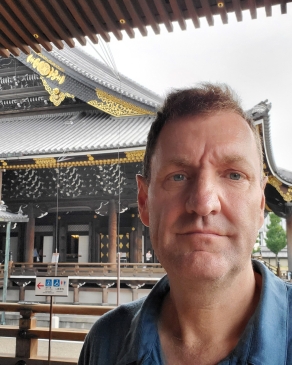In this blog post series, we’ll first describe the foundations of generative AI and a few core principles in thinking about its applications in the tourism industry. Part two will look at five types of practical applications in tourism and hospitality.
Understanding the Foundations of Generative AI
Generative AI is a type of machine learning built on large language models - a highly evolved version of predictive typing where a computer generates appropriate content based on complex rules and prompts. These large language models powering generative AI are trained by ingesting and analyzing vast amounts of data. For ChatGPT 4.0, this means trillions of terabytes of data, analyzed across trillions of parameters including most of what was published on the internet prior to 2021.
Generative AI empowers applications that can answer highly detailed questions across almost any topic, generate a wide range of content and converse in complex conversations (via text or voice). It is a radical advance on the artificial intelligence of a few years ago when chatbots first emerged.
Though generative AI can offer complex and often very human-like content and communications, it is still well short of the long-discussed artificial general intelligence (AGI) where machines can complete highly complex tasks, reason, understand context and apply judgment in truly human-like ways.
Four Principles for Using Generative AI in Tourism & Hospitality
1. Generative AI should be seen a significant net positive for tourism.
Information is a powerful enabler for the desire to travel. Generative AI vastly expands the tourism industry's ability to deliver personalized information to current and potential travelers on where, how and why to travel.
Summary: Commit time and resources to review the major opportunities with generative AI that apply to your organization and invest in testing and trialing solutions. Ensure key people in your organization are staying up to date on the overall trends but elect individual staff or partners to investigate specific areas and more specialized applications.









